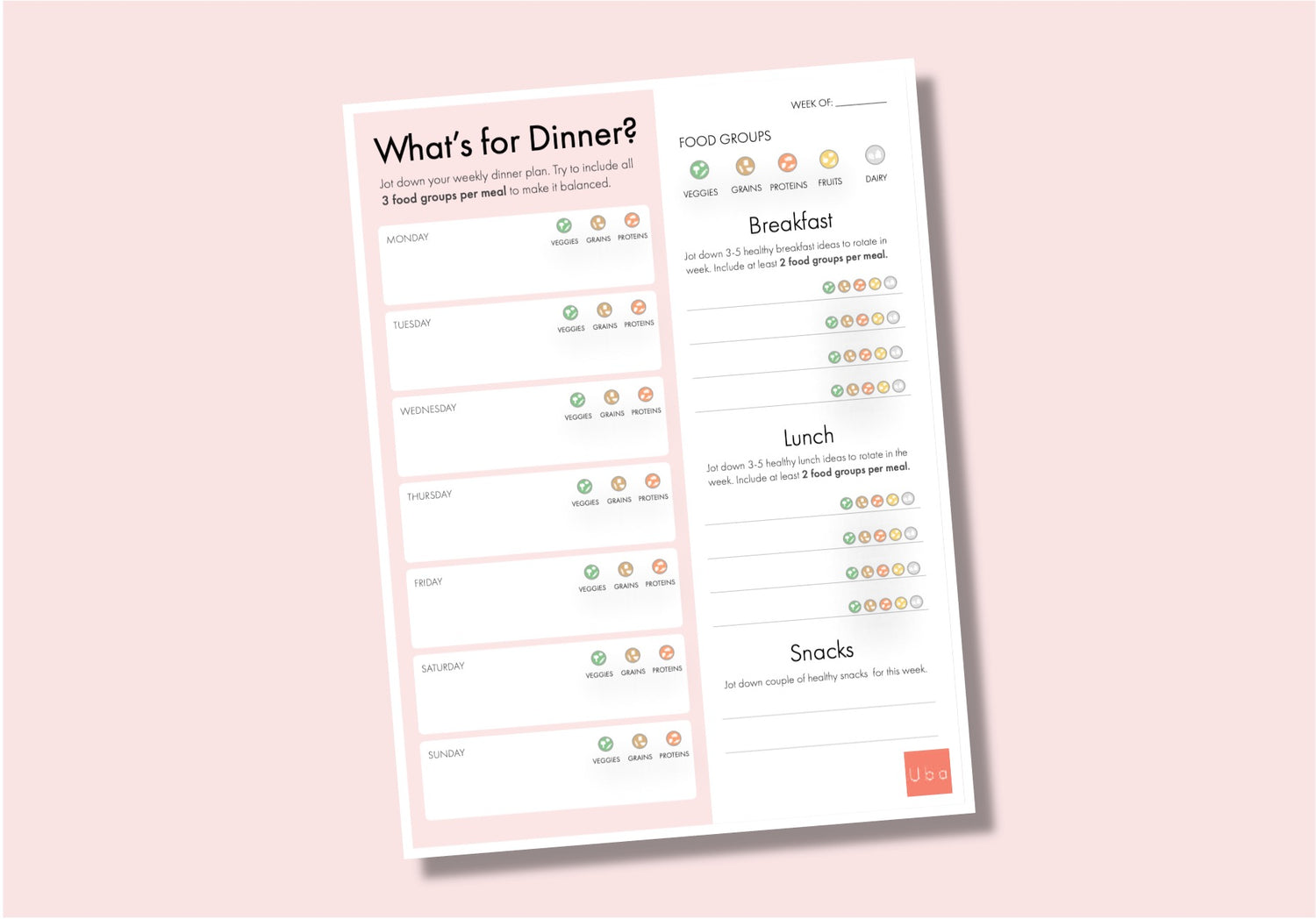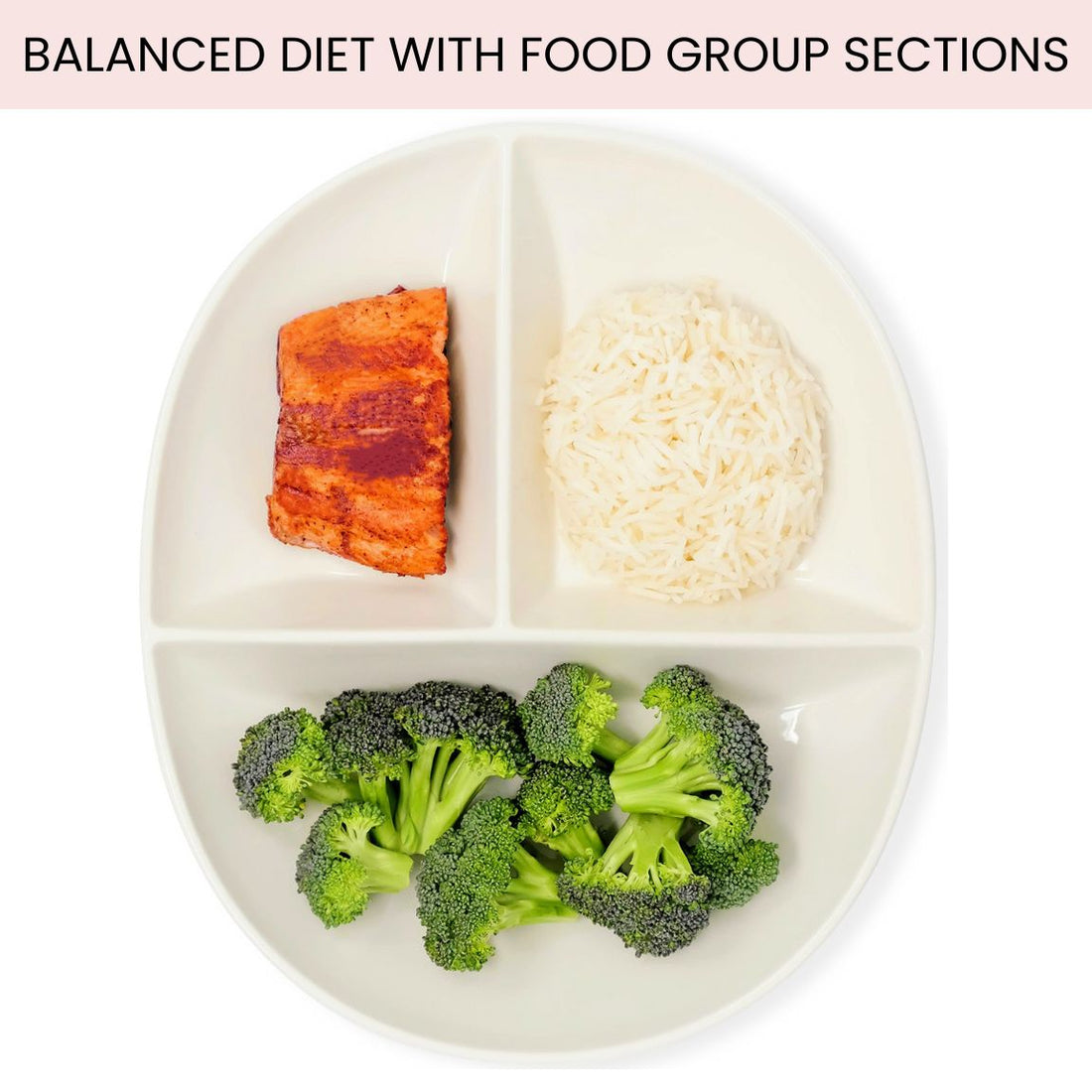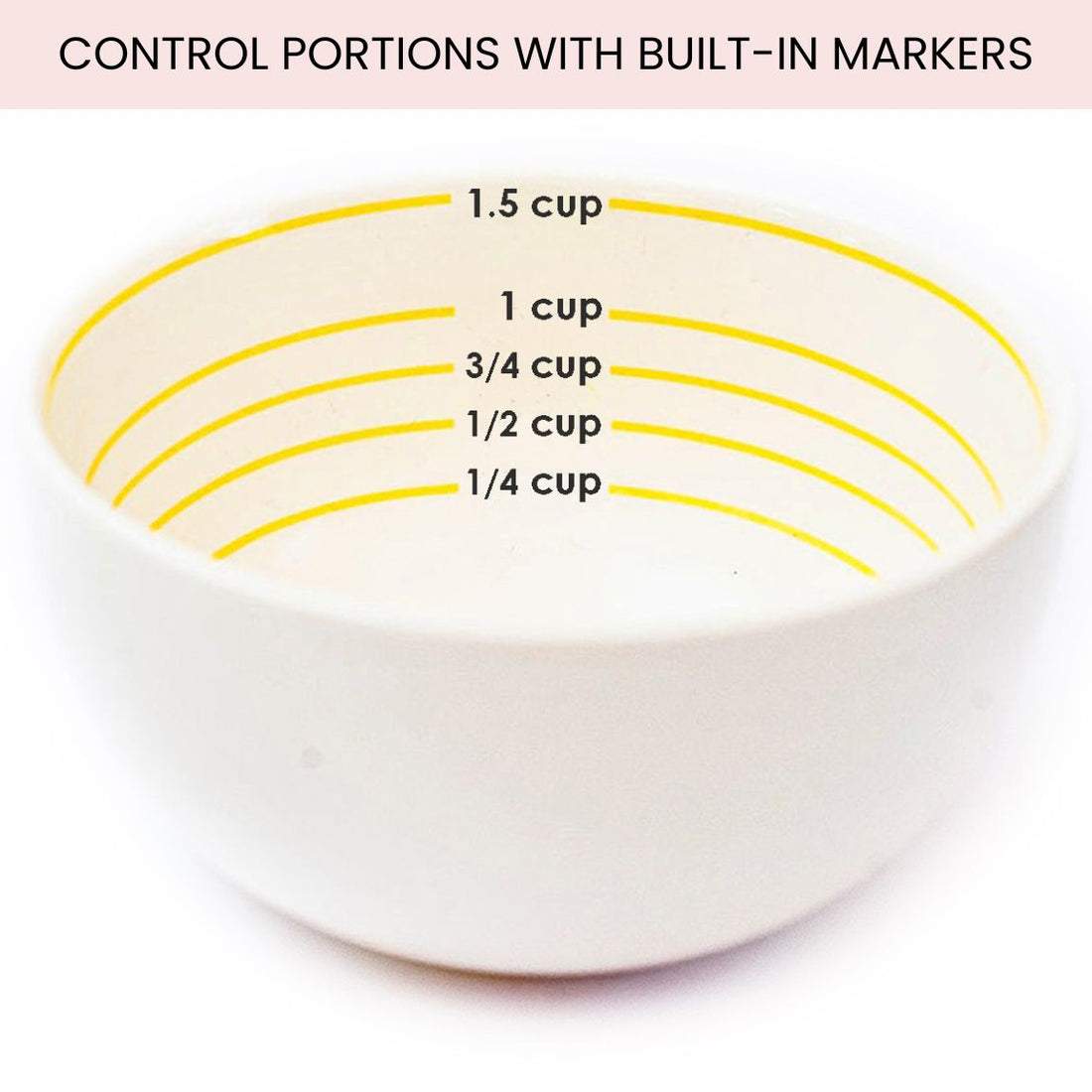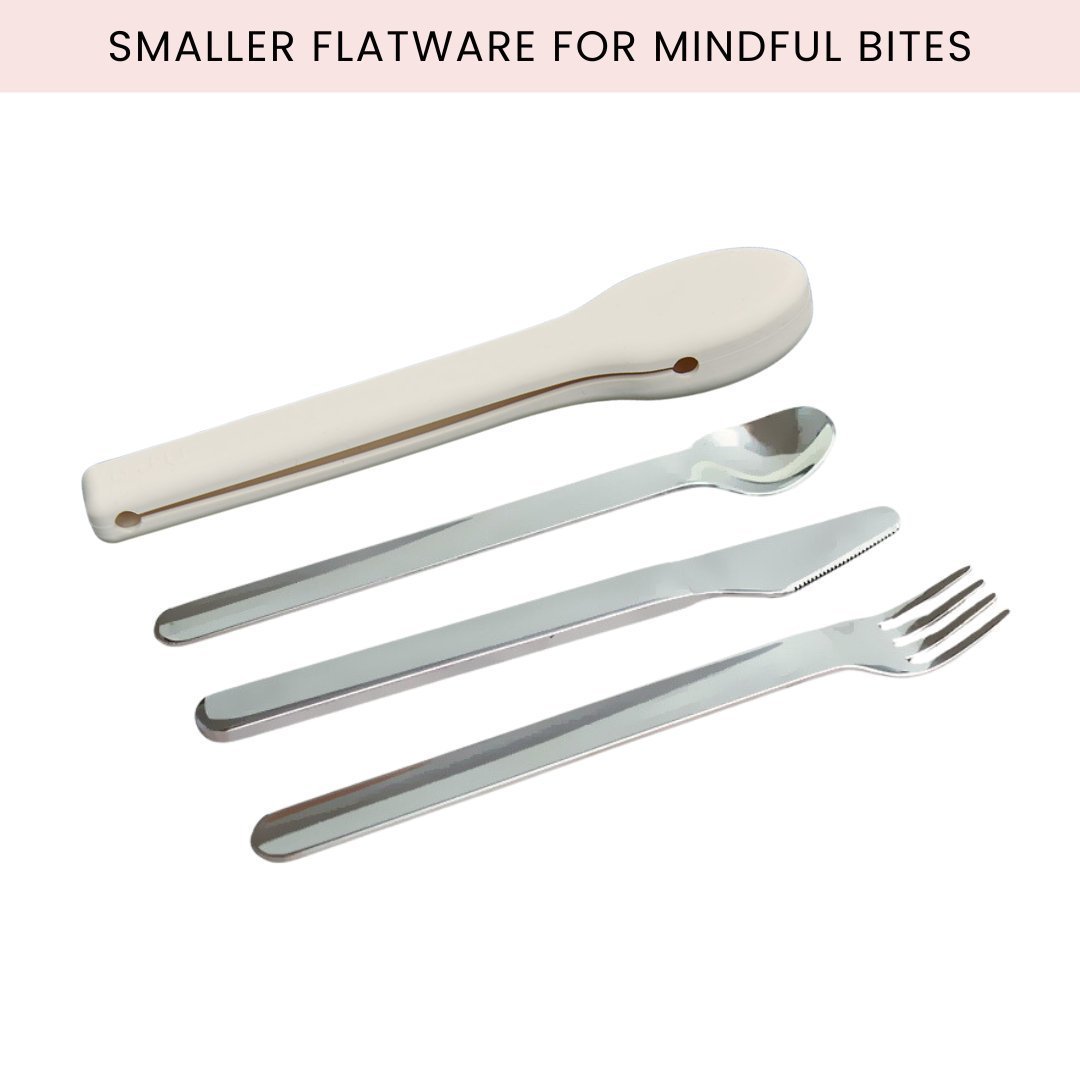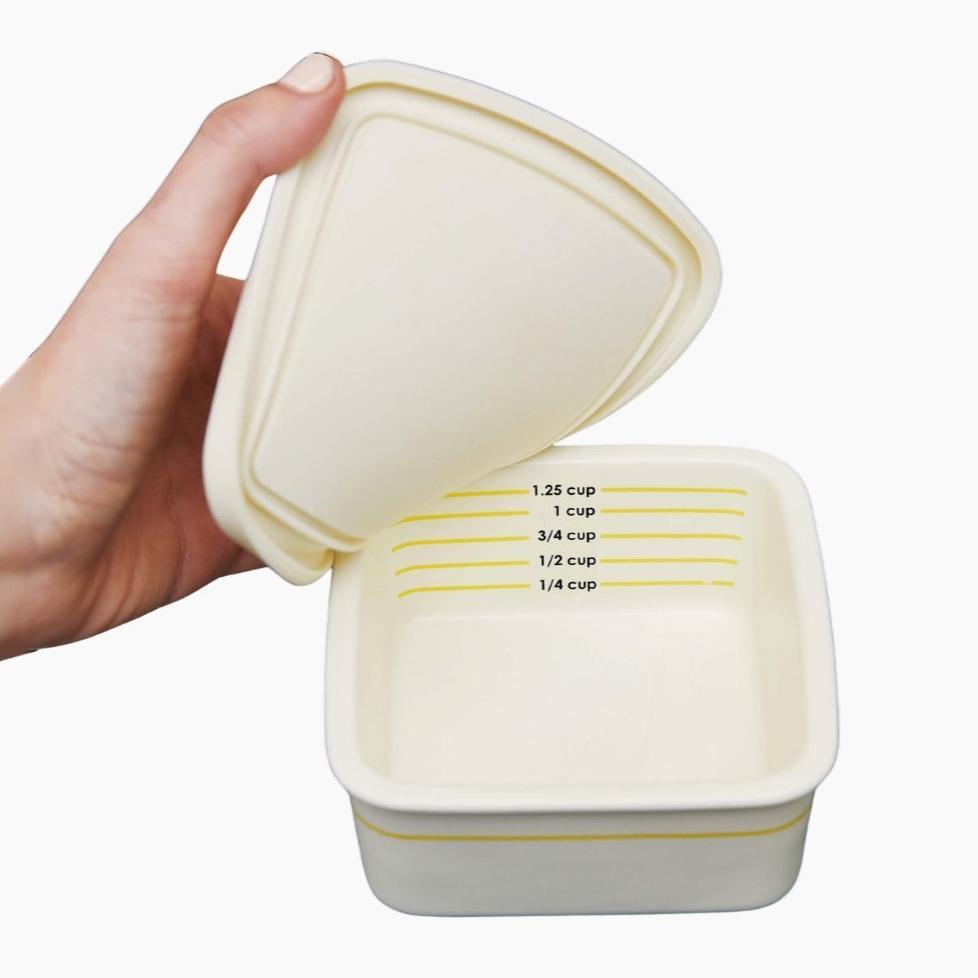Have you ever found yourself reaching for a bag of chips or a tub of ice cream when you're feeling stressed or upset? You're not alone. Emotional eating, or eating in response to emotions rather than physical hunger, is a common behavior that many people struggle with. But how can you tell if you're truly hungry or just eating to cope with your emotions? In this blog post, we'll explore 5 ways to distinguish between emotional hunger and physical hunger, and you'll end finish your read with our best tips on how to avoid emotional eating.
Differences between physical and emotional hunger
| Physical Hunger | Emotional Hunger |
|---|---|
| Develops gradually over time | Hits suddenly without warning |
| Craves a balanced meal with nutrients | Craves specific comfort foods |
| Accompanied by physical cues (stomach growling) | Not tied to physical sensations |
| Eaten slowly, mindfully | Eaten rapidly, mindlessly |
| Not tied to specific emotions | Triggered by stress, sadness, or boredom |
1. Check the timing
Physical hunger tends to develop gradually and occurs at regular intervals. It's often related to the body's need for fuel and nutrients. On the other hand, emotional hunger can strike suddenly and is often triggered by specific emotions or situations. If you find yourself craving food immediately after a stressful meeting or a fight with a loved one, it's likely emotional hunger.
2. Assess the type of food you're craving
When you're physically hungry, your body typically craves a variety of nutrients. You might find yourself thinking about a balanced meal with protein, carbohydrates, and vegetables. In contrast, emotional hunger often leads to specific cravings for comfort foods high in sugar, fat, or salt. If you're fixated on a particular food that you believe will make you feel better emotionally, it's likely emotional hunger.
3. Pay attention to physical cues
Physical hunger is often accompanied by physical sensations, such as a growling stomach, lightheadedness, or fatigue. These signals are your body's way of telling you it needs nourishment. Emotional hunger, on the other hand, is typically not associated with these physical cues. Instead, it's driven by a desire to soothe or distract yourself from uncomfortable emotions.
4. Consider the speed of consumption
When you're physically hungry, you tend to eat slowly and mindfully, savoring each bite. It takes time for your body to register that it's full and satisfied. In contrast, emotional eating often involves rapid and mindless consumption. You may find yourself eating quickly, barely tasting the food, and feeling guilty or unsatisfied afterward.
5. Reflect on your emotions
One of the key differences between emotional hunger and physical hunger is the underlying emotion. Emotional hunger is often triggered by negative emotions, such as stress, sadness, or boredom. It's a way of seeking comfort or distraction from these feelings. Physical hunger, on the other hand, is not tied to specific emotions and is solely driven by the body's need for nourishment.
Now that you're aware of the differences between emotional hunger and physical hunger, how can you avoid emotional eating?
Top Tips to Avoid Emotional Eating
Practice mindfulness and mindful eating
Pay attention to your emotions and the reasons behind your cravings. Take a moment to pause and ask yourself if you're truly hungry or if there's an emotional trigger a couple of times before deciding whether or not to eat.
Practice mindful eating or use portion control tools that can help you eat more mindfully. Smaller flatware will help you consume smaller bites and truly savor each bite.
Find alternative coping mechanisms
Instead of turning to food, explore other ways to manage your emotions. Engage in activities that bring you joy, such as going for a walk, practicing yoga, or talking to a friend.
Meal prep your weekly meals
By meal prepping your food ahead of time for when it's time to eat is a wonderful way of avoiding emotional eating. Your food is ready to be eating and you can avoid falling into momentary cravings and rather stick to your health journey while eating nutritious and tasty meals.

Build a support system
Surround yourself with people who understand your struggles with emotional eating. Having a support system can provide encouragement and accountability.
Seek professional help if needed
If emotional eating is interfering with your daily life or causing distress, consider reaching out to a therapist or counselor who specializes in eating disorders or emotional eating.
By understanding the difference between emotional hunger and physical hunger, and implementing strategies to avoid emotional eating, you can develop a healthier relationship with food and better manage your emotions.




